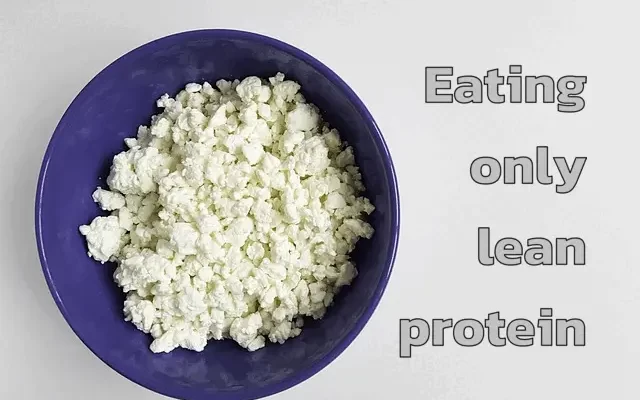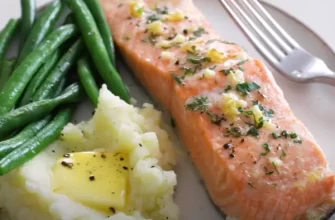Individuals who want to lower their body fat levels and enhance their muscle mass may find a diet centered around consuming predominantly lean protein to be attractive. Although it is crucial to incorporate lean protein into a balanced diet, depending exclusively on it can yield both favorable and unfavorable outcomes for your physical well-being.
Pros of a Lean Protein Diet
- Weight Loss: By incorporating lean protein into your diet, you can consume fewer calories while still feeling satisfied, which can help facilitate weight loss. Consuming lean protein exclusively may lead to reduced body fat as it contributes to a decreased intake of calories overall.
- Muscle Development: Proteins are the building blocks of muscles. Eating lean protein helps repair damaged muscle tissue and supports muscle growth. If you’re actively working out, a protein-rich diet can aid in muscle recovery and development.
- Improved Metabolism: Protein consumption necessitates more energy for digestion compared to carbohydrates or fats. This can raise your metabolic rate and cause a thermogenic response, resulting in the elimination of additional calories and ultimately assisting in losing weight.
Cons of a Lean Protein Diet
- Nutrient Deficiencies: Relying solely on lean protein can cause a lack of essential nutrients such as carbohydrates, healthy fats, fiber, vitamins, and minerals. These nutrients play vital roles in various bodily functions, and not having them in your diet can lead to deficiencies.
- Lack of Energy: Carbs serve as the main fuel for your body, providing it with energy. Inadequate carbohydrate intake can result in feelings of tiredness, lethargy, and difficulty in performing both physical and mental tasks. Therefore, it is essential to consume a well-balanced diet that includes carbohydrates in order to maintain optimal energy levels.
- Digestive Issues: Consuming excessive protein without sufficient dietary fiber can lead to digestive problems like constipation. Fiber aids in digestion and helps maintain a healthy gut, so it’s important to incorporate adequate fiber-rich foods alongside lean protein sources.
- Potential Kidney Strain: A high-protein diet can put strain on the kidneys, especially if you have pre-existing kidney issues. The increased workload can potentially worsen kidney function in individuals with compromised renal health.
Conclusion
Although putting all your attention on consuming lean protein in your meal plan can result in benefits like shedding pounds and building muscle, there are also drawbacks to consider. These drawbacks include not getting enough essential nutrients, feeling fatigued, encountering digestive issues, and possibly putting strain on your kidneys. It is advisable to maintain a well-rounded and varied diet that incorporates all the vital nutrients for your overall health and wellness.









